Nội Dung Chính
(Page 121)
Present perfect vs past simple
7.1 We form the present perfect with the present tense of the auxiliary verb have and the past participle.
| Affirmative | Full forms | |
| I / You / We / They have | finished. | ‘ve = have |
| He / She / It has | ‘s = has | |
| Negative | ||
| I / You / We / They haven't | finished. | haven't = have not |
| He / She / It hasn't | hasn't = has not | |
| Questions | Short answers | |
| Have I / you / we / they | finished. | Yes, I have. / No, you haven't. |
| Has he / she / it | Yes, he has. / No, she hasn't. | |
7.2 The past participle of a regular verbs is the same as the past simple. It ends in -ed. (See 1.2 on page 125 for spelling rules.)
play → played dance → danceed
study → studied drop → dropped
With irregular verbs, sometimes the past participle is the same as the past simple, but sometimes it is different:
| Infinitive | Past simple | Past participle |
| buy put see take | bought put saw took | bought put seen taken |
There is a list of irregular verbs in the Workbook.
7.3 We use both the past simple and the present perfect to talk about completed actions in the past.
I finished "The Hobbit" last night. I really enjoyed it.
I've finished "The Hobbit". You can read it now.
• We use the past simple to talk about a specific occasion in the past, at a definite time.
I went to the cinema last Saturday night. I saw the new Spiderman film.
• We use the present perfect to talk about an experience at any time in the past. The exact time of the experience isn't stated.
I've been to Italy three times.
“Have you ever eaten Chinese food?” “Yes, I have.”
• We can use finished-time expressions with the past simple, but not with the present perfect.
I visited my cousin yesterday / last Tuesday / on 1 May / in January, etc.
(NOT I've visited my cousin yesterday, etc.)
See point 7.3 for a list of uses of the present perfect.
7.4 We often use the present perfect to ask and answer about an experience, and then the past simple to give specific information about it.
"Have you ever broken a bone?" "Yes, I broke my leg when I was 12."
Reported speech
7.5 We use reported speech to report what someone has said without using the exact words.
When we change direct speech into reported speech, we often make the verb form go one tense back.
“Fred works in London,” said Ben.
Ben said that Fred worked in London.
| Direct Speech | Reported speech |
| Present Simple | Past Simple |
| “I like chips.” | He said he liked chips. |
| Present Continuous | Past Continuous |
| “She's working.” | He said she was working. |
| Past Simple | Past Perfect |
| “He went out.” | He said he had gone out. |
| Present Perfect | Past Perfect |
| “They've just arrived.” | He said they had just arrived. |
| can | could |
| “She cann't swim.” | He said she couldn't swim. |
| will | would |
| “They will be here soon.” | He said they would be here soon. |
These modal verbs don't usually change in reported speech: might, should, could, would, would like.
“I might go to the concert.”
He said that he might go to the concert.
We always use a personal object with tell. With say we don't need a personal object.
I told you that I'd be late. / I said (to you) that I'd be late.
We often omit that in reported speech.
She said she was hungry.
The pronouns and possessive adjectives often change in reported speech.
| "I'm cold," she said. | (I → he / she) |
| She said she was cold. | |
| "We're tired," they said. | (we → they) |
| They said they were tired. | |
| "I've borrowed your phone," he said. | (your → my) |
| He said he had borrowed my phone. |
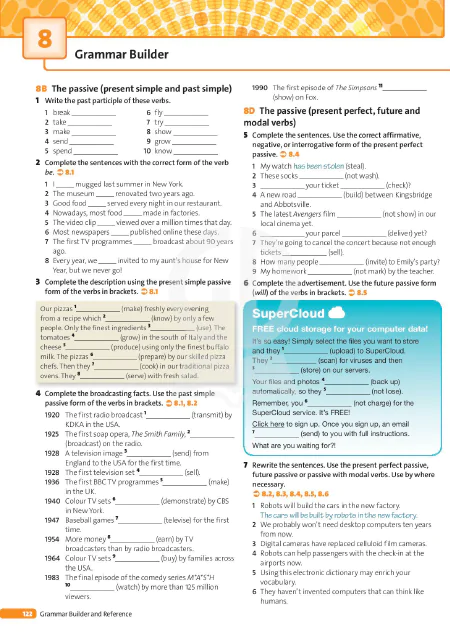
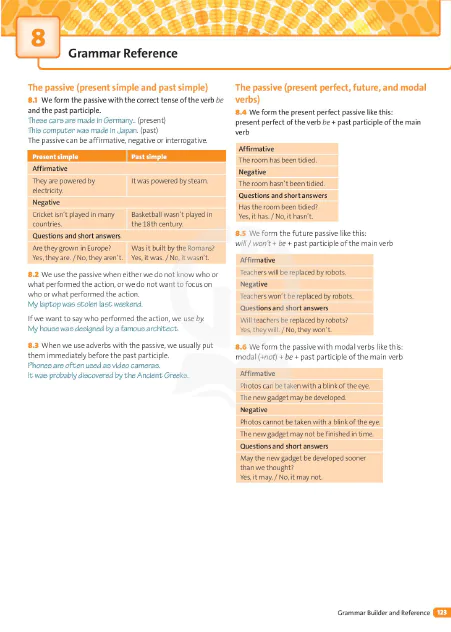
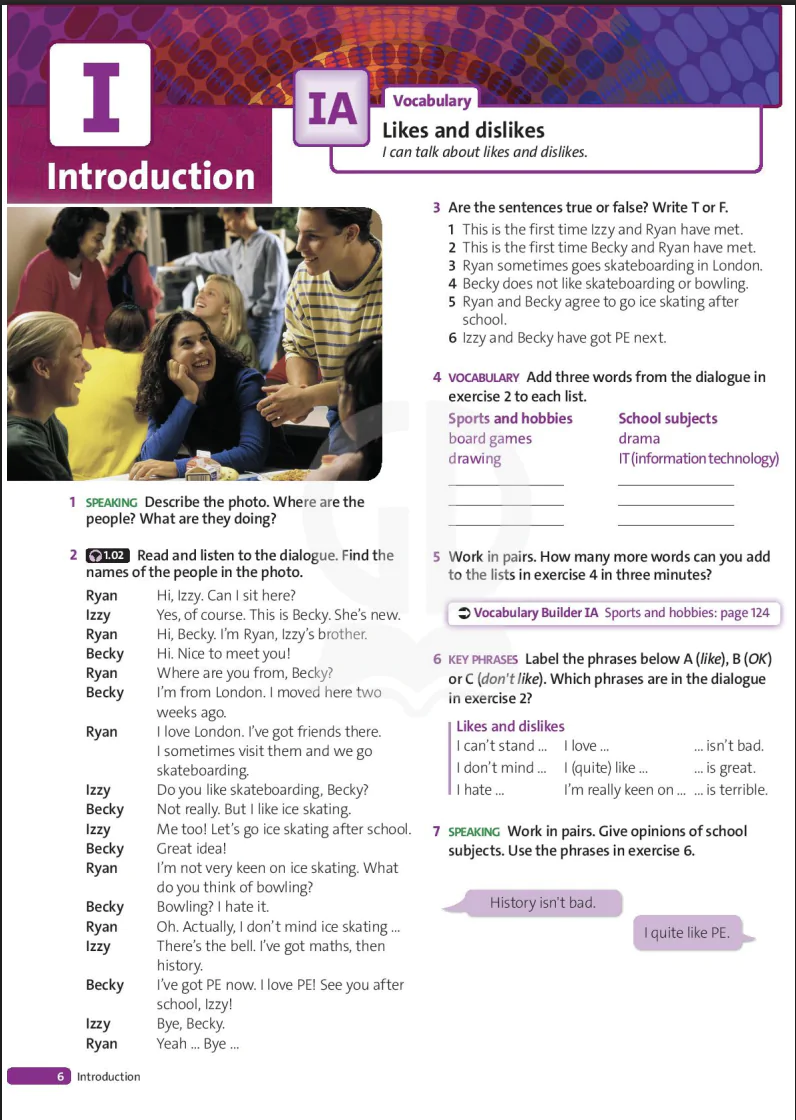
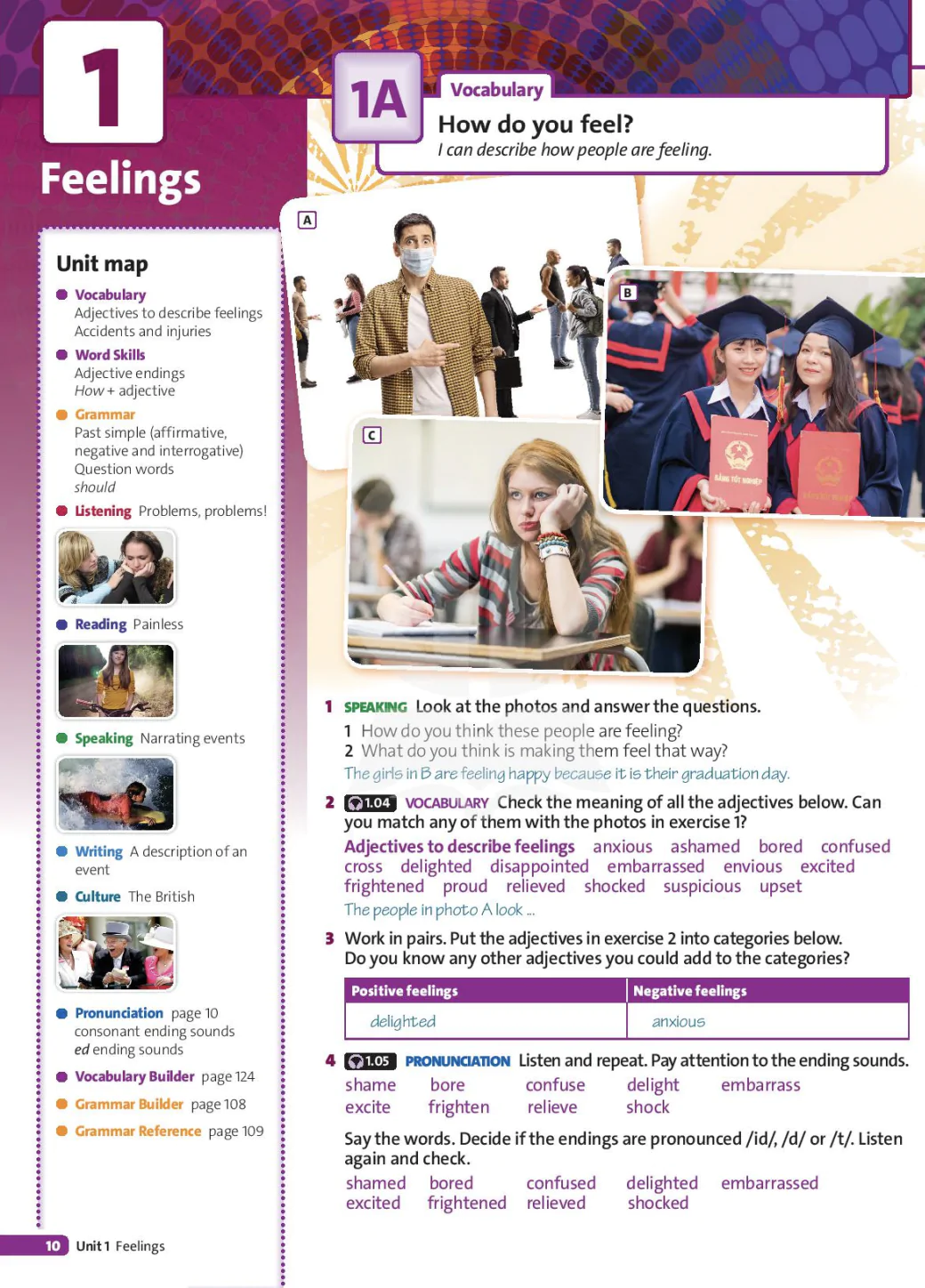
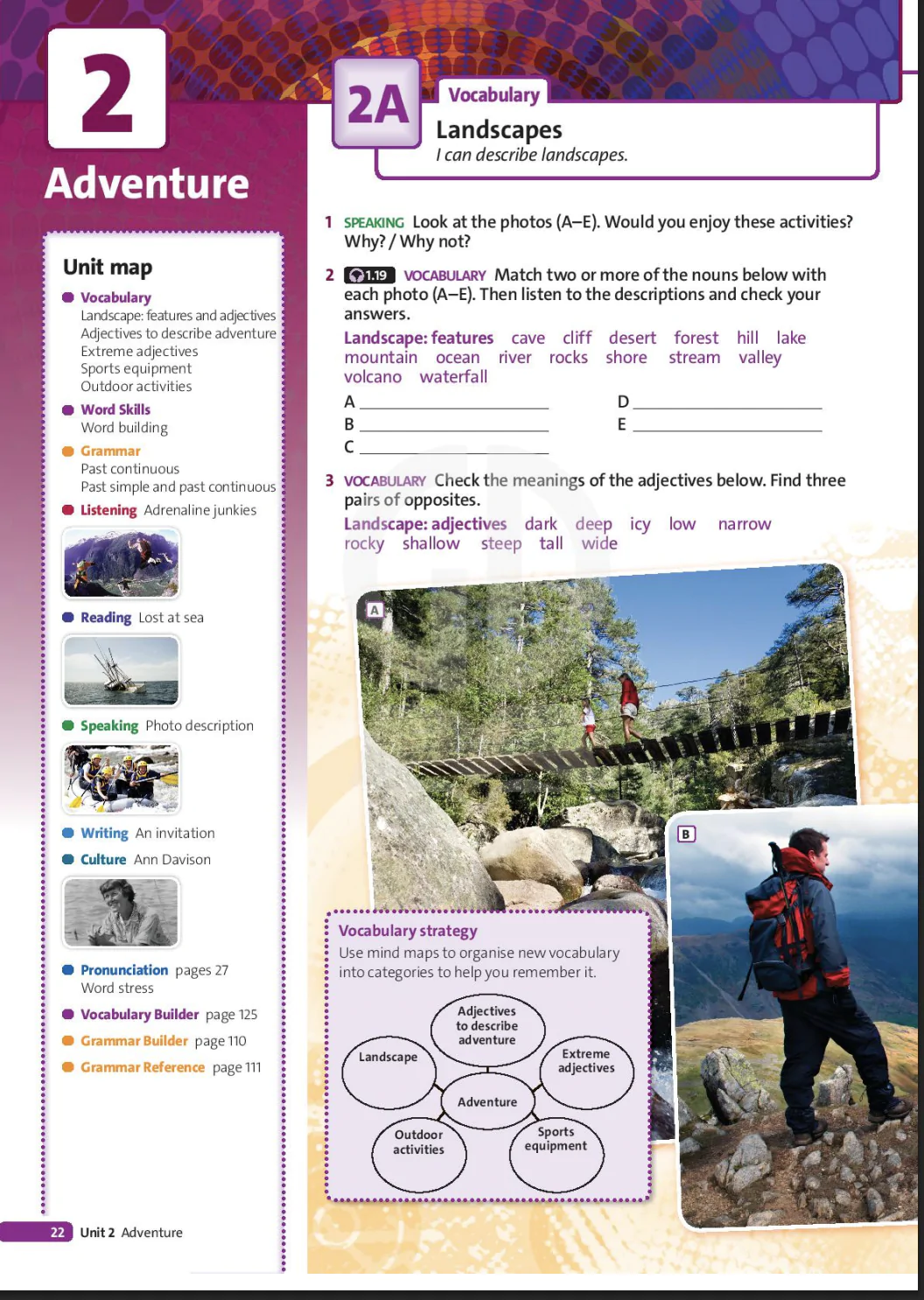
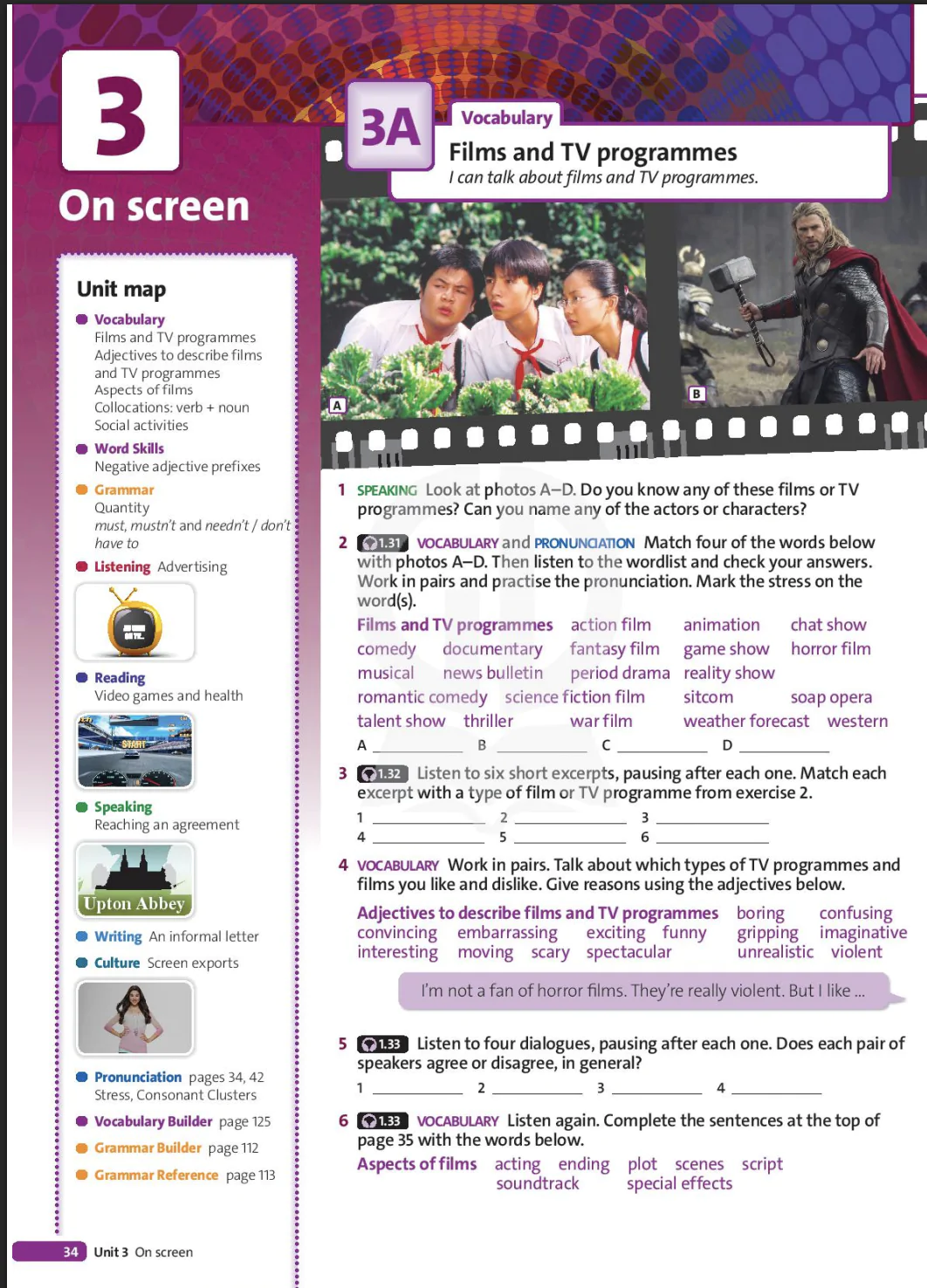
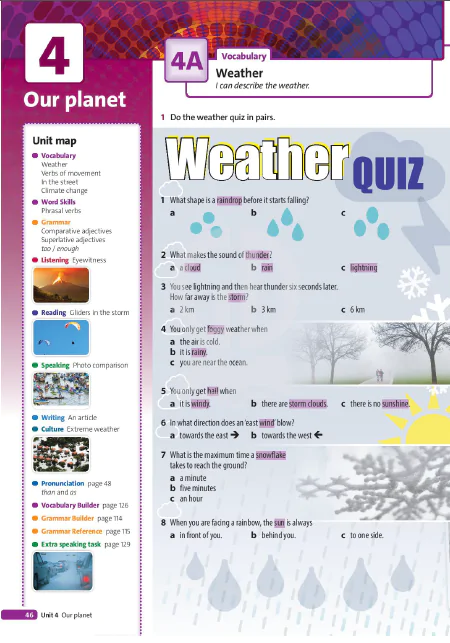
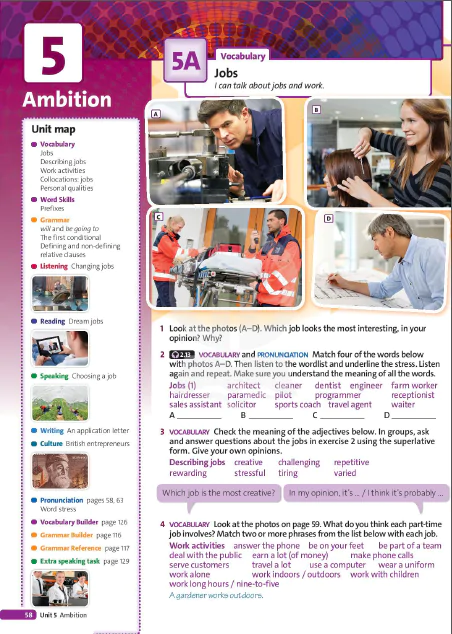
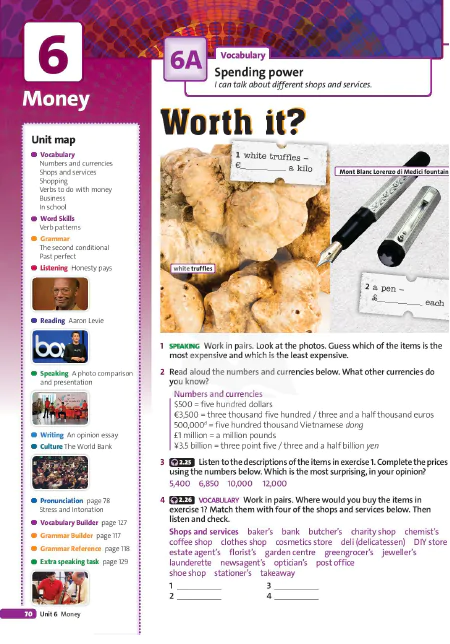
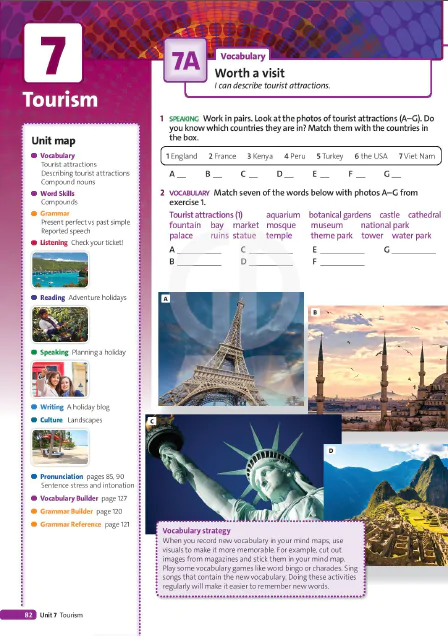
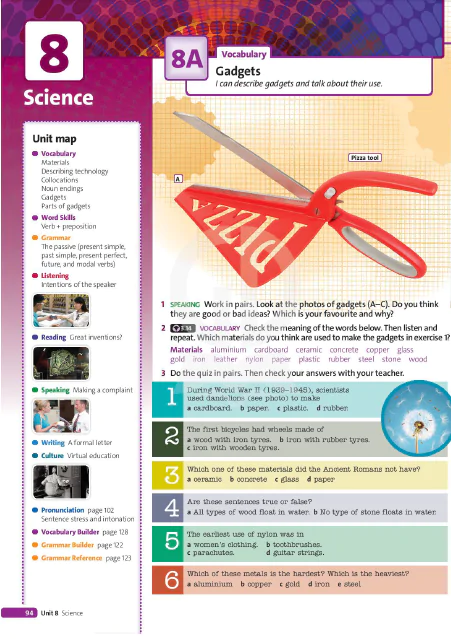

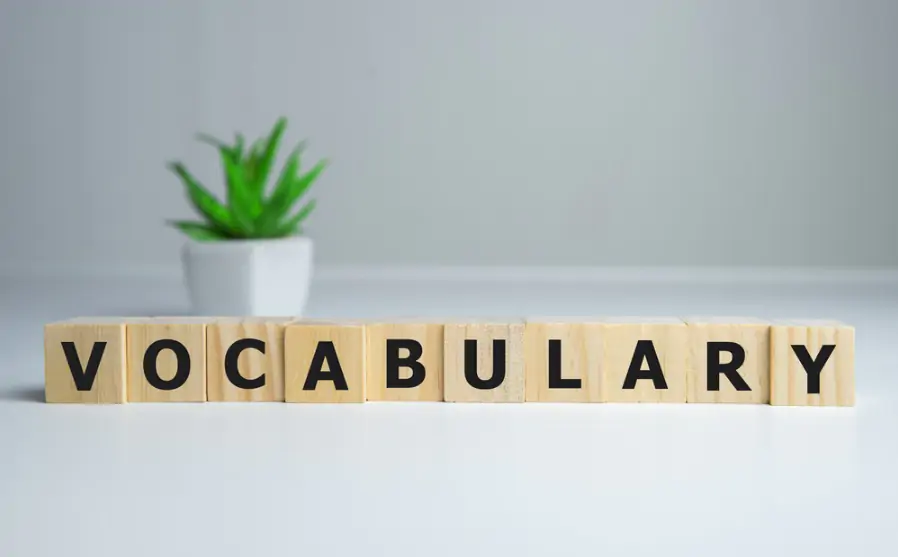
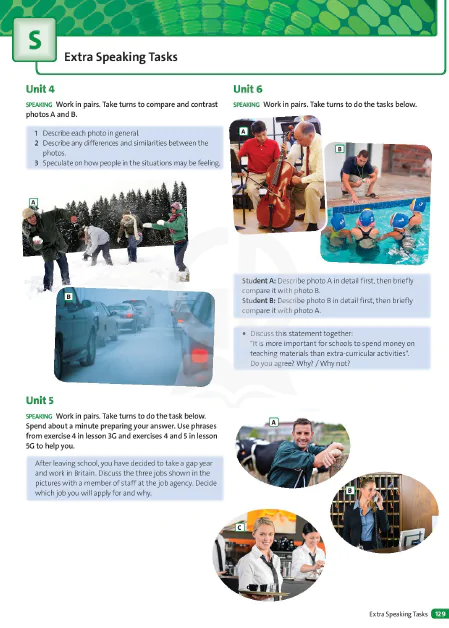
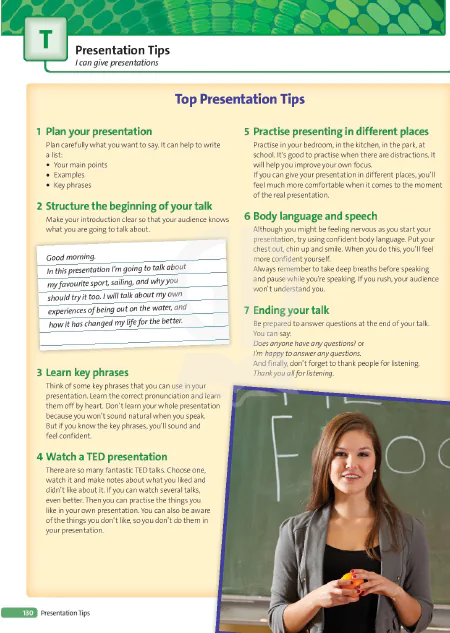
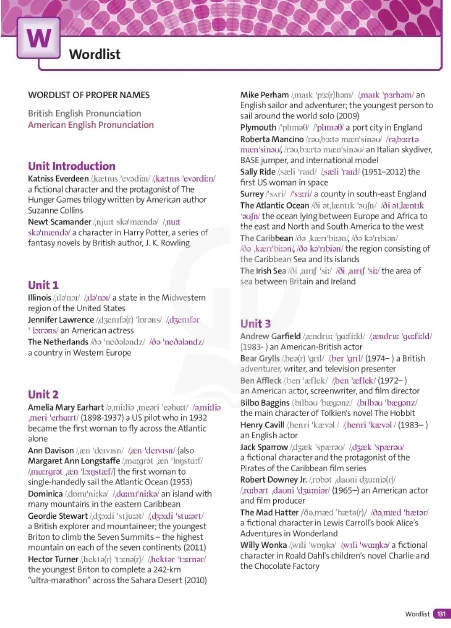

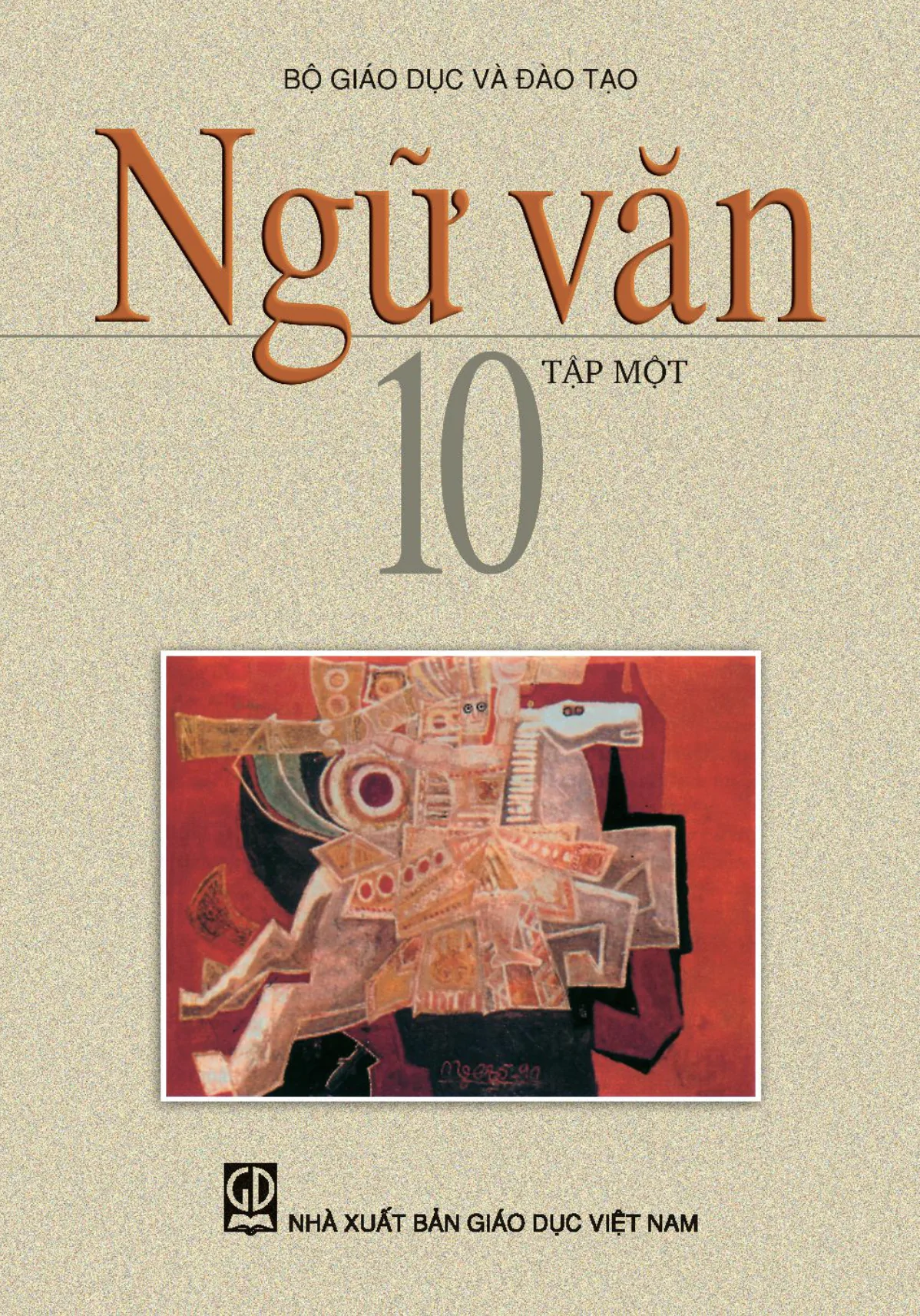
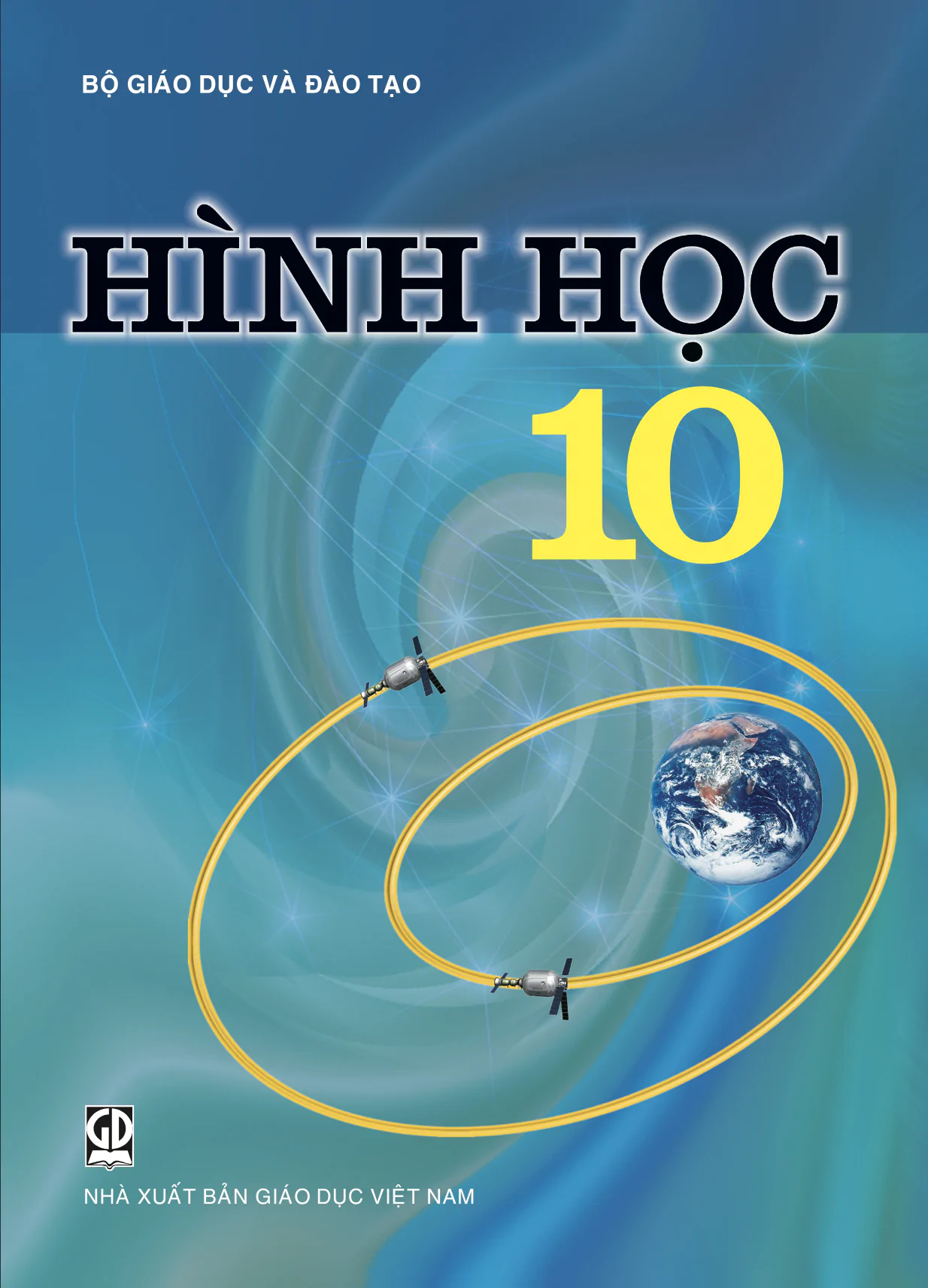
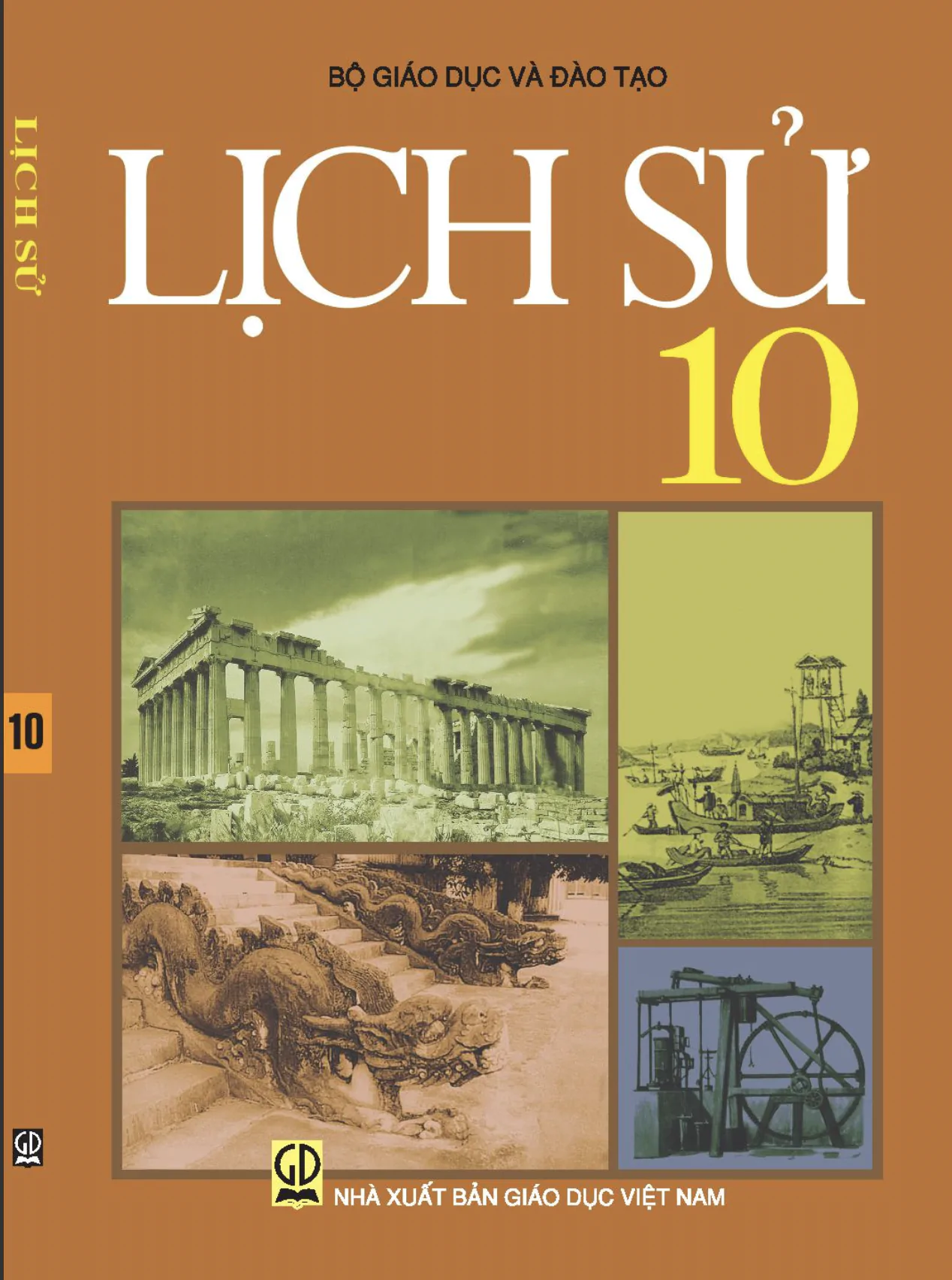

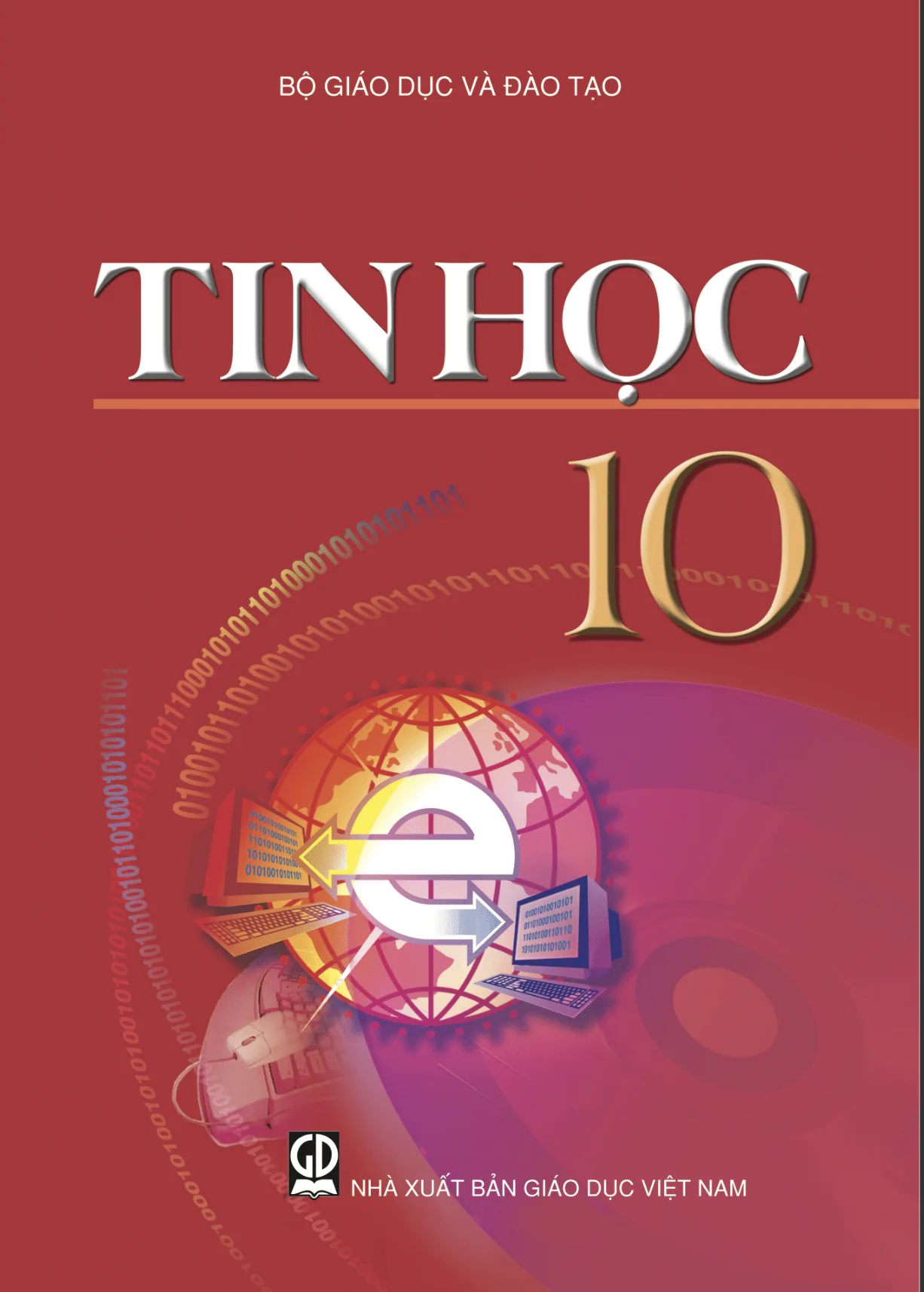

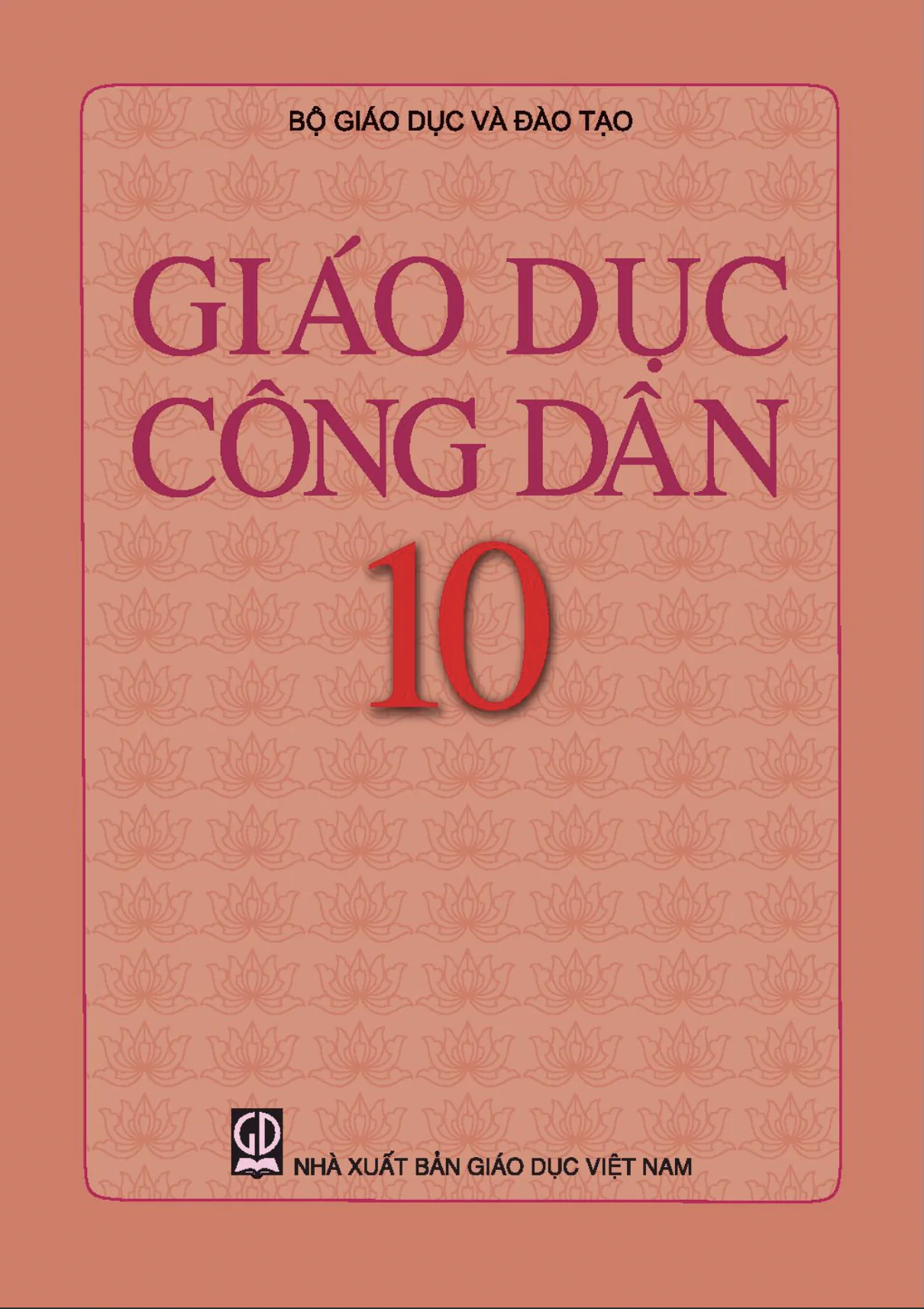


















Bình Luận
Để Lại Bình Luận Của Bạn